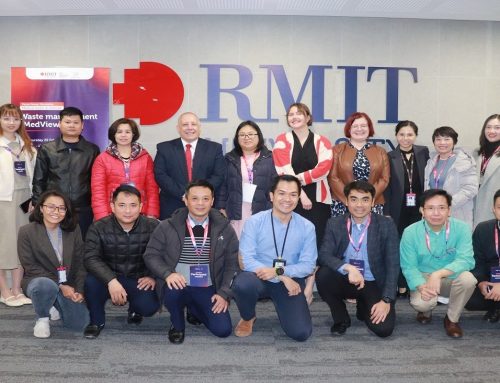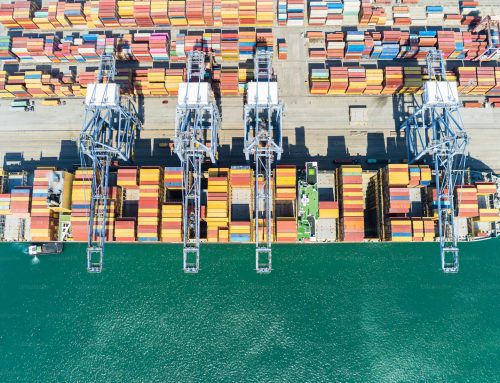09.07.2020
By Sonja Saari, Honorary mentioned in The HUMLOG Institute’s Best Thesis Award 2020
I’m Sonja Saari, a recent M.Sc. graduate from Hanken School of Economics with the major subject of Supply Chain Management and Social Responsibility. In particular, I specialized in Humanitarian Logistics. When I was pondering my master’s thesis topic, I realised that I have a great opportunity to combine the two research areas that interested me the most: sustainability and humanitarian logistics. As a result, I ended up studying how renewable energy sources could enhance the sustainability in emergency humanitarian medical cold chains. Being awarded an Honorary Mention at the HUMLOG Best Master Thesis Award 2020 was an extremely pleasant surprise. Especially, I would like to thank my supervisor Árni Halldórsson for supporting me during my writing process. Below you can read my thoughts about this topic.
Renewable energy sources feasible alternatives to fossil ones
In global supply chains, energy is crucial for any operation in any node. Yet, the majority of the used energy sources derive from fossil fuels, therefore increasing the amount of greenhouse gas emissions emitted to the atmosphere. The connection between supply chain activities and climate change is evident, and actions to combat global warming have received increased attention among commercial sector – partly due to stakeholder expectations as well as regulative actions. One feasible alternative to mitigate environmental pressure of the energy intensive supply chains is to increase the use of renewable energy sources (RES), which has already been advocated in the commercial side.
However, energy need does not stop in commercial sector, but is highly needed also in humanitarian operations. In fact, more and more humanitarian operations are needed due to the increased number of natural disasters resulting from global warming – hence, more energy is needed. Yet, the sustainable perspective towards environment has not been the focus by humanitarian organizations.
One particularly energy intensive supply chain is cold chain because of the temperature-control requirement. In humanitarian operations, cold chain is needed to deliver medical items to the field, hence a steady cold chain is needed from start to end point. Especially, in sudden onset disasters – man-made or natural – maintaining a cold chain is a huge challenge. How to ensure a reliable, steady, and sustainable power chain in cases where access to electricity is limited if not even non-existent? The solution has mainly been diesel-powered generators, but they are not environmentally sustainable, nor do they promote long-term environmental benefits to the local area. Indeed, environmental aspect of sustainability has not been prioritized by humanitarian organizations in emergency relief operations. Would you risk saving people lives’ over sustainability?
RES an entry point to long-term sustainability
This dilemma was the core of my master thesis topic. As RES has been seen to offer a feasible alternative in commercial side, I investigated the barriers and opportunities of increasing the use of RES in emergency humanitarian medical cold chain (HMCC). Interestingly, the results showed that environmental awareness in cold chain management is gradually increasing, although the cold chain should be first reliable and only then sustainable. RES in humanitarian operations has been studied and tested a little, but the focus has not been in emergency operations. Nevertheless, solar energy was seen the most applicable energy source among all RES options. Yet, for widening the use or RES in HMCC, technical knowledge among employees of humanitarian organizations should be better grasped, more resources would be needed, as well as more evidence from the field.
Despite the barriers, sustainable emergency medical cold chain can act as an entry point to longer-term and broader sustainability in the local area. For example, cold chain equipment and technology powered by RES could be better utilized by the local people for powering a wider area instead of merely local health facilities. In the rebuilding phase after a disaster, RES-powered equipment would be used, which would also strengthen the longer-term economic and social perspectives of the local area. Yet, more research and evidence on the reliability and practicality are needed to fully establish environmentally sustainable cold chains to help local communities to prosper after the sudden onset disaster, and to reduce the environmental pressure of the energy intensive HMCC.
Access to the thesis here.
To know more about the award, click here.




